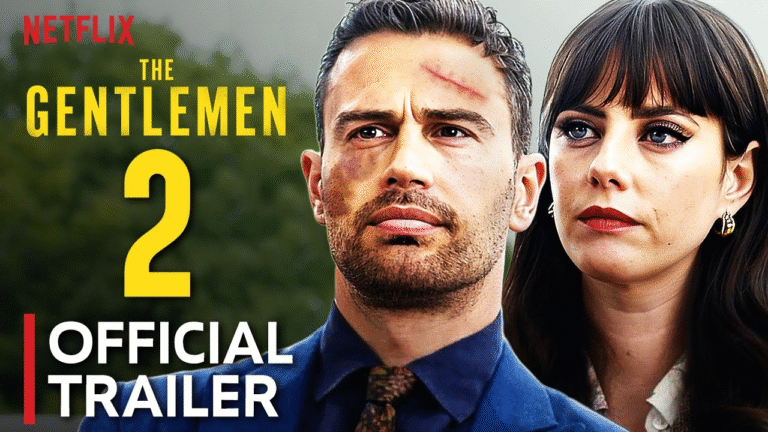Lucy 2: Exploring the Next Chapter
Following the success of the 2014 film “Lucy,” directed by Luc Besson, the idea of a sequel has intrigued fans and filmmakers alike. The original film starred Scarlett Johansson as Lucy, a woman who gains superhuman abilities after a drug leak in her system enhances her brain capacity. The film was notable for its blend of science fiction, action, and philosophical exploration, raising questions about human potential and consciousness.

In “Lucy 2,” the narrative could build on the foundation laid by the first film. The sequel might explore Lucy’s evolution after her transformation into a near-omniscient being. Having experienced the limits of human existence and transcended them, Lucy now faces new challenges. With her vast intellect and abilities, she seeks to understand her place in the universe, grappling with existential questions about purpose, connection, and the implications of her power.
The film could introduce new characters, perhaps other individuals who have undergone similar transformations, creating a potential conflict between Lucy and these beings. This would allow for exciting confrontations, showcasing varying perspectives on power and its use. The stakes could be raised as Lucy encounters adversaries who threaten not only her existence but also the very fabric of humanity.
A return of the character Professor Samuel Norman, played by Morgan Freeman, could provide a grounding element in the narrative. His expertise in neuroscience could lead to collaborations and conflicts with Lucy as they explore the consequences of her abilities. Their relationship could evolve from teacher-student dynamics to a partnership where they seek to unlock the secrets of the human mind together.
Visually, “Lucy 2” would likely push the boundaries established in the first film. Besson’s stylistic approach, featuring dynamic cinematography and striking imagery, would enhance the experience. The exploration of Lucy’s powers could manifest in visually stunning sequences that challenge perceptions of reality, making viewers question the nature of existence itself.
Thematically, the sequel could delve deeper into the moral implications of superhuman abilities. As Lucy grapples with her powers, she may face ethical dilemmas about intervention in human affairs. Should she use her abilities to alter the course of humanity, or does that compromise the essence of free will? This philosophical underpinning could resonate with audiences, prompting discussions about technology, evolution, and what it means to be human.
In conclusion, “Lucy 2” has the potential to be a thought-provoking and visually captivating sequel that expands upon the themes of the original film. By exploring Lucy’s journey as she navigates her extraordinary powers and the complexities of existence, the sequel can challenge viewers to reflect on their own understanding of consciousness and the limits of human potential. With a blend of action, science fiction, and philosophical inquiry, “Lucy 2” could become a compelling addition to the genre, leaving audiences eagerly anticipating the next chapter in Lucy’s extraordinary story.



